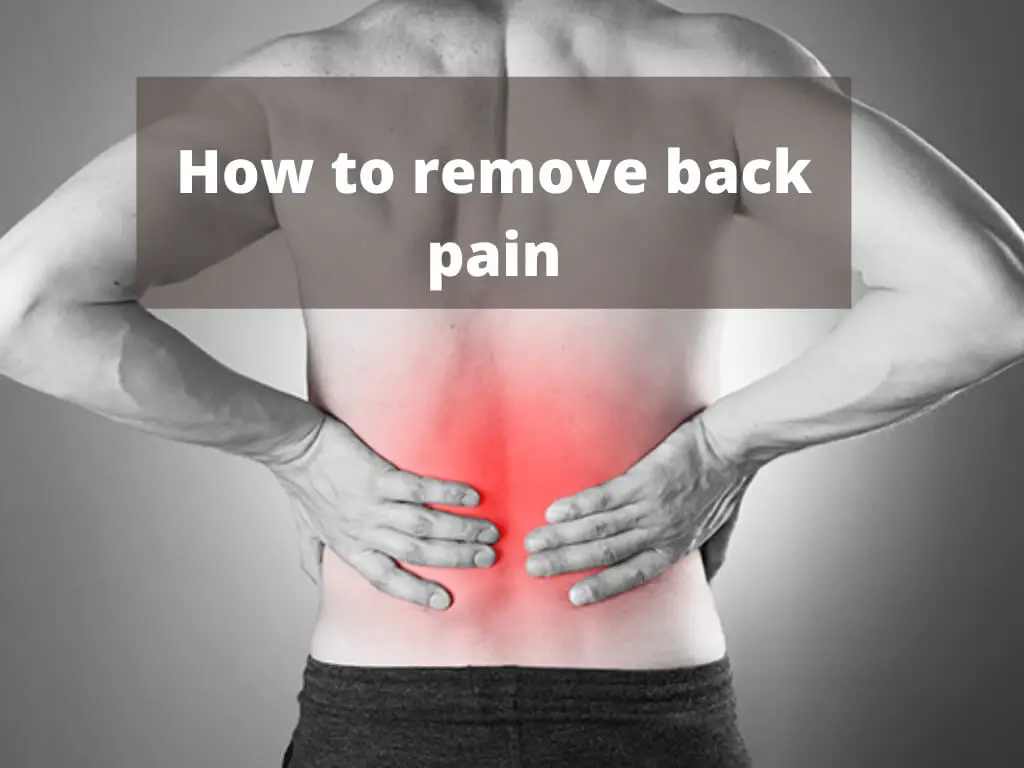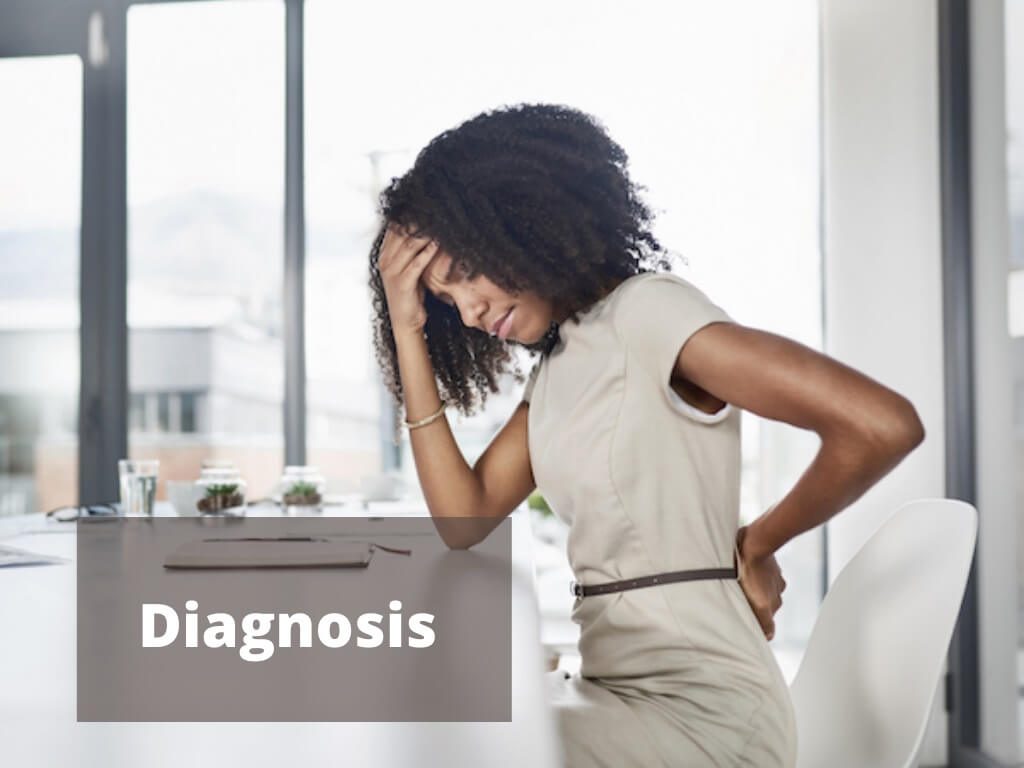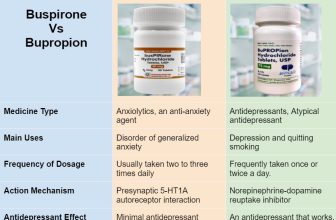How to Remove Back Pain? Know the details

Back pain is the general reason for sick leaves, seeking medical help, and absence from work. It’s uncomfortable and painful. It can also be due to medical conditions, injury, and strenuous activities.
Besides, with time and age, it can get worse. But back pain is not related to a specific period as it can affect any young or older person. It can also increase due to some other factors like slip disk. In this article we suggest you “How to Remove Back Pain?”
Causes
Our back is a complex structure of tendons, ligaments, muscles, discs, and bones. All of these structures work together, which enables our body to move. The spine segments are protected with cushion-like structures known as disks.
Problems with any of such structures can lead to back pain. Besides, there are many other reasons like
- Strain
- Injury
- Tension in back
- Poor posture
- Medical condition
- Structure problem
- Arthritis and still many more
Symptoms
The main symptoms of back pain include pain or ache anywhere in the back and sometimes down our legs and buttocks. Sometimes the back pain results in disturbing other parts of the body. It depends on the affected nerves.
The pain usually goes away after some time, but if it occurs frequently and has the following symptoms, don’t delay contacting your doctor.
- Fever
- Difficulty in urination
- Swelling and inflammation in back
- Weight loss
- Recent injury
- Urinary incontinence
- Pain down to legs
- Loss of control in bowel movement
- Pain that reaches down your knees
- Numbness around your genitals
- Numbness in buttocks
- Numbness in the anus
Diagnosis

Photo Credit: Robustalive.com
Generally, doctors can diagnose back pain after having the patient’s physical examination and asking about the symptoms. Some tests can be required in case
- Back pain results from an injury
- Pain continues after a long period
- Maybe some hidden cause that requires treatments
- Some tests like CT scan, MRI, EMG (electromyography), and X-rays can give information about soft tissues in the back.
The doctor may order a blood test if they suspect infection.
Treatment
Generally, back pain gets better within one month of home treatment. However, back pain is a complex condition that differs for everybody. Some people have a consistent severe pain in their back that doesn’t go away quickly for a few months.
In such cases, over-the-counter medicine and pain relievers might be all you want. But in such situations, bed rest is not recommended. You can continue your daily activity to the extent that you can comfortably tolerate it.
Try Light exercises such as daily walks and light stretches in your routine. Don’t overdo yourself and stop activities that can result in pain and complications. If home treatments don’t work in your conditions, your doctor might suggest some therapies or medications.
Medications
Depending on the type of back pain, your doctor may suggest some of the following over-the-counter medications.
- The painkillers are available over the counter. Some nonsteroidal and anti-inflammatory drugs like naproxen sodium (Aleve) and ibuprofen (Motrin IB, Advil, and others) will help soothe your back pain. Take these medications after consulting your doctor. Overuse of these medicines has some severe impacts on health. If you don’t find any relief with these over-the-counter medications, your doctor may recommend you use NSAIDs.
- Narcotics: Drugs that have opioids like hydrocodone or oxycodone can be used temporarily under the doctor’s observation. Opioids aren’t that beneficial for chronic pain, so it’s generally included in prescriptions for less than seven days.
- Topical pain reliever: Using such products, the pain-relieving components are delivered by your skin through ointments, creams, patches, or salves.
- Muscle relaxant: If your mild back pain isn’t getting better with over-the-counter medications, your doctor can recommend you use a muscle relaxant. This muscle relaxant relieves your pain and makes you sleepy.
- Antidepressants: Some types of antidepressants, especially duloxetine and tricyclic antidepressants like amitriptyline, have been highly beneficial in relieving chronic back pain and getting rid of depression.
Physical therapy
A physical therapist can help you learn exercises that will increase your flexibility, strengthen your abdominal muscles, and correct your posture. Doing these exercises daily will keep the pain from coming back. A physical therapist will also help you get the basic knowledge of what to do in back pain to control the situation.
Surgical procedures
Some surgical procedures that are helpful in the treatment of back pain include:
Radiofrequency neurotomy: In this procedure, there is an insertion of a fine needle in your skin so that the tip is near your pain area. Radio waves are passed through the needles to damage the nerves interfering with the delivery of pain signals to the brain.
Cortisone injections: If nothing is working on your pain and it’s moving down your leg, your doctor can inject cortisone. It’s a strong anti-inflammatory drug and medicine to numb the space around the spinal cord (epidural space). A cortisone injection help in decreasing the inflammation around the nerve’s root, but this pain relief lasts no longer than one or two months.
Implanted nerve stimulator: This device is implanted under your skin to deliver electric impulses to block the pain signals in specific nerves.
Surgery: If you have severe pain associated with the radiating leg pain or are experiencing muscle weakness due to nerve compression, you might benefit from the surgery. These procedures are usually reserved for pain that relates to the structural problem. The structural problem includes a herniated disk, spinal stenosis, and others.
Alternative medicine

Photo Credit: Robustalive.com
Many treatments can ease the symptoms of your back pain. But before starting any new therapy, do discuss it with your doctor.
Chiropractic care: To ease your pain, a chiropractor manipulates your spine.
Acupuncture: A professional acupuncture inserts thin and sterilized needles into the skin at specific points of your body. Scientific studies prove that this method benefits in soothing back pain.
(TENS) Transcutaneous electrical nerve stimulation: In this procedure, there is a battery-powered device that delivers electrical impulses in the pain area of your body. But there are mixed results about the effectiveness of this TENS procedure.
Massage: Massage can be beneficial if your pain results from overworked muscles.
Yoga: There are many different yoga types, and there is a comprehensive system involved while practicing a specific pose or posture. Relaxation techniques and breathing. Yoga benefits in improving posture, strengthening muscles and stretching. If yoga is helping you in dealing with your pain, then you might need to modify some poses.
Risk factors for back pain
Here are some of the factors that can increase the back pain risk in some people
- Pregnancy
- Smoking
- Occupational activity
- Poor physical fitness
- Older age
- Genetic factors
- A sedentary lifestyle
- Obesity and overweight
- Incorrectly done strenuous exercise
- Arthritis or cancer
- Besides, the percentage of back pain is higher in women as compared to men
When to see a doctor
If you are experiencing tingling or numbness in the back, then after
- Fever
- Injury or fall
- It isn’t improving with rest
- Comes with weakness
- With unexpected weight loss
- With fever
- With numbness in the legs
References
https://www.webmd.com/back-pain/features/manage-low-back-pain-home
https://www.webmd.com/pain-management/ss/slideshow-relieving-back-pain
https://www.spine-health.com/blog/7-ways-relieve-back-pain-naturally
https://www.nhs.uk/conditions/back-pain/treatment/
https://www.mayoclinic.org/diseases-conditions/back-pain/diagnosis-treatment/drc-20369911
https://www.medicalnewstoday.com/articles/322582
https://www.healthline.com/health/back-pain-management





